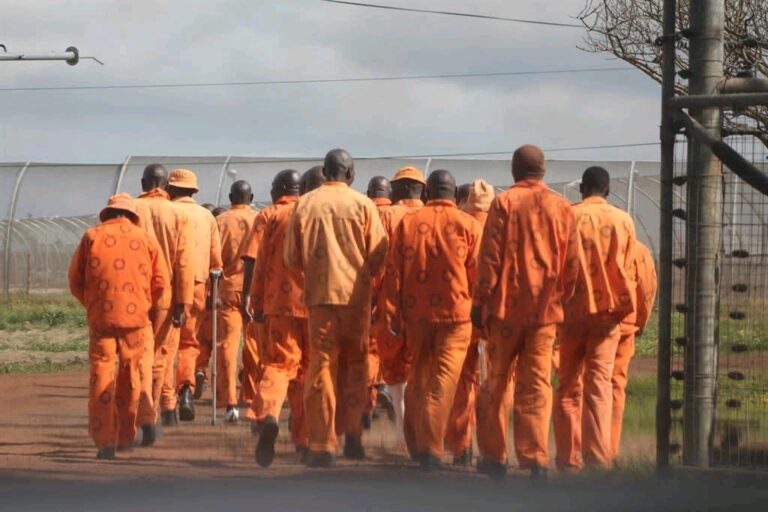
In a troubling incident that highlights the growing tensions within South Africa’s informal business sector, a local entrepreneur faced severe retaliation after opening a spaza shop in his community. What started as an effort to earn a living and serve the neighborhood turned into a battle over territory, resulting in the destruction of the small business.
The South African man, described by locals as a hardworking and community-oriented individual, opened a spaza shop in a township known for its bustling informal economy. Spaza shops, often run from homes or small structures, are a critical part of life in many South African communities, offering affordable groceries and household goods to residents who may live far from formal retail stores.

However, shortly after the shop’s opening, tensions began to rise. Nationals from Pakistan and Bangladesh, who had already established several businesses in the area, confronted the South African owner. According to witnesses, these individuals claimed the location where the new shop opened was “their territory” and accused the local owner of encroaching on their space. The confrontation escalated, with threats being made against the newcomer’s livelihood.
Despite attempts by community members to calm the situation, the conflict took a violent turn. The shop, which had only recently started operations, was set ablaze. The perpetrators, allegedly linked to the group who had issued the earlier warnings, were seen fleeing the scene. The fire quickly consumed the modest structure, reducing the owner’s hopes and investment to ashes.
The incident has stirred up intense debate on social media and in local communities. Many South Africans have voiced concerns about the growing competition in the informal sector and what they perceive as unfair dominance by foreign nationals in township economies. Others, however, caution against xenophobic rhetoric and emphasize the need for peaceful coexistence, fair business practices, and legal regulation.

Community leaders have called for law enforcement to investigate the arson and bring the perpetrators to justice. They also stress the importance of dialogue between local and foreign shop owners to prevent further violence and misunderstandings.
This incident is not isolated. It reflects a broader struggle across South Africa, where economic hardship and high unemployment levels contribute to tensions between locals and immigrant entrepreneurs. While many foreign nationals have legally established themselves and contributed to local economies, friction often arises over competition, pricing strategies, and access to prime business locations.
The destruction of the South African-owned spaza shop is a stark reminder of the challenges faced by local entrepreneurs trying to break into an already saturated market. As the nation grapples with economic inequality and social unrest, it becomes increasingly important to support policies that foster inclusion, protect small businesses, and promote harmony in diverse communities.
The local community now hopes for justice and for measures to be put in place that ensure such acts of violence do not happen again. In the meantime, the affected shop owner faces the difficult task of rebuilding—not just a business, but trust and safety within his own neighborhood.




